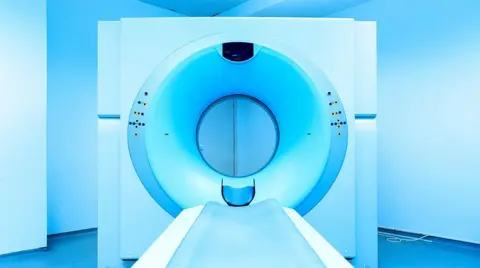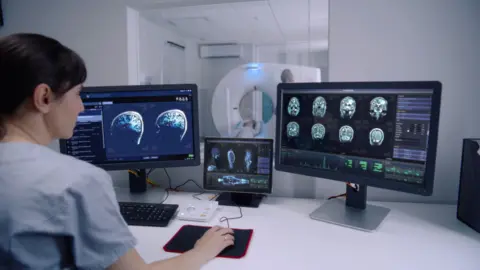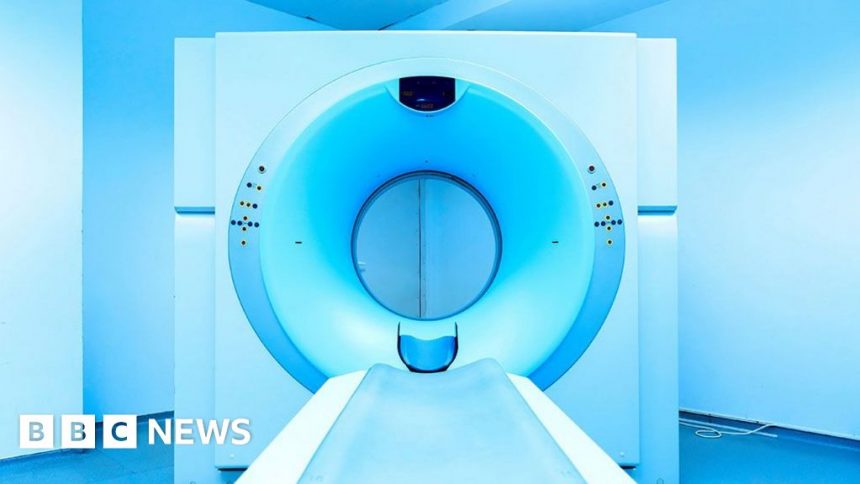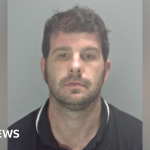Scans reviewed amid concerns about radiologist
 Getty Images
Getty ImagesMore than 1,000 CT scans carried out in Scotland have been reviewed after concerns were raised about the work of one consultant radiologist, BBC Scotland News has learned.
The medic was responsible for interpreting the detailed images of internal body parts and identifying health issues like cancer.
The scans were carried out at hospitals around the country and assessed by one of a central pool of experts working for the Scottish National Radiology Reporting Service (SNRRS) between April 2022 and July 2024.
It is understood that the review found that about 10 patients had potentially been affected.
The SNRRS said the patients would be contacted by their local NHS board to discuss further action.
They added that the consultant radiologist at the centre of review no longer works for the SNRRS.
It is understood that information about the review has been provided to the health board where the radiologist normally works.
What is a CT scan?
A CT scan takes detailed pictures of the inside of your body.
According to the NHS, it can be used to:
- check bones or internal organs after an accident
- find out if symptoms are caused by a condition such as cancer
- see how well treatment is working, such as checking the size of a tumour
- help doctors see inside a person’s body during a procedure such as a biopsy.
 Getty Images
Getty ImagesThe SNRRS employs 130 radiologists across the country who assess scans remotely.
It is coordinated from the Golden Jubilee Hospital in Clydebank to provide faster diagnosis and access to treatment for patients.
A spokesperson for the service said it had carried out almost 136,000 reports for patients in Scotland in the last 12 months.
They said it regularly reviews its medical imaging reports “to an elevated and stringent standard”.
“As part of this routine check, they have identified concerns with the quality of CT report assessments by a single consultant radiologist who no longer works with the SNRRS,” they added.
Immediate action was taken and a “comprehensive review” was conducted.
“This review included all cases undertaken by this individual, with the exception of any cases in which the body part had already received a follow up examination by an independent consultant radiologist,” they added.
“All findings have been shared with relevant NHS Boards. Out of over 1,000 images reviewed, a small number of patients were identified as having been potentially impacted.
“Local NHS Boards are proactively reaching out to these individuals to discuss next steps where necessary and appropriate.”
It is not uncommon for radiologists to have a reasonable difference of opinion in interpreting scans.
Scientific literature suggests these discrepancies in radiology reporting occur at rates of between 3 and 30%.
A spokesperson for the SNRRS said: “SNRRS remains steadfast in its commitment to quality and safety in patient care, and will continue to uphold the highest standards in radiology through their audits.
“They will now work closely with all relevant boards to ensure transparency and support for any affected patients.”






